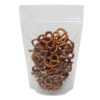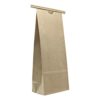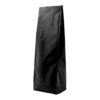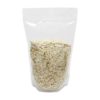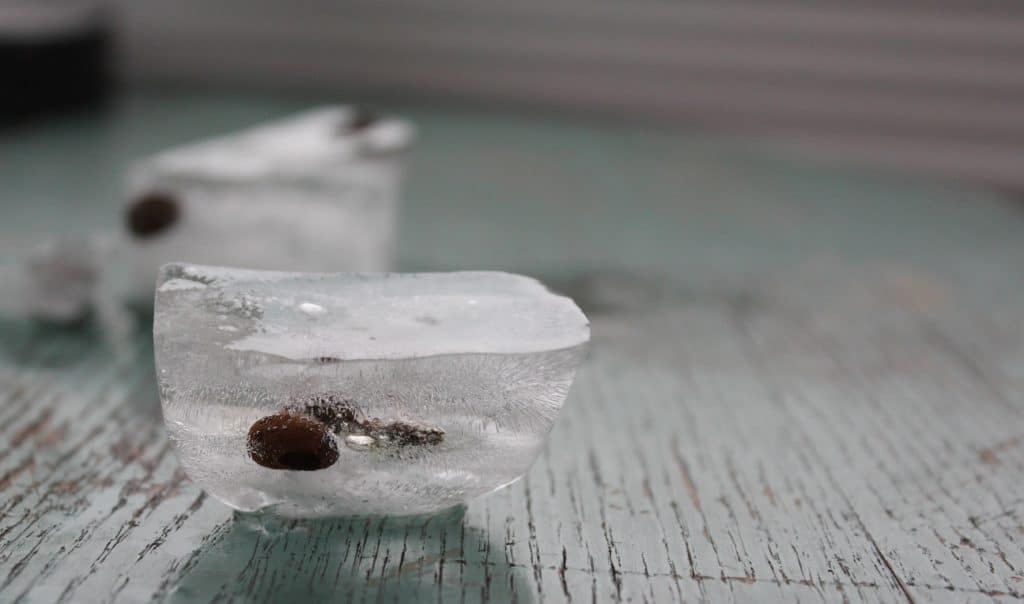Blog
Should I Store Coffee in the Freezer?
Coffee, that ubiquitous drink that is enjoyed the world over. Who has not woken up to that delicious smell off freshly brewed coffee or warmed their hands on a mug on a chilly winter’s evening? We all enjoy our coffee, whether hot or cold, sweet or bitter, black or white or anything in between but how do we store coffee to keep it as fresh and delicious as when we bought it?
If you are a coffee aficionado then correct method for storing coffee is second nature, but to most of us who simply enjoy this delicious brew, the correct storage of the makings for one of our favorite drinks may not be quite so obvious.
Let’s have a look at the various types of coffee and where the best place is to store them.
Raw Coffee Beans
Roasting your own coffee is not as difficult as it sounds and keeping raw coffee beans to roast is relatively simple. Take the coffee beans and split them into smaller portions.
The portions should be big enough to last you around a week or so. Raw coffee beans can be stored in the freezer in airtight bags.
Take the beans and place them in a ziplock bag. If you have a vacuum sealer, then vacuum seal the bags otherwise take the bag and zip the top leaving a small gap open.
Gently immerse the bag in water until the water is almost at the top and most of the air has been pushed out. Zip the top of the bag, and when you take it out of the water, you will see that most of the air has been removed.
Place the bags in the freezer and use the beans within a month. Before roasting them, allow them to defrost and come up to room temperature.
Freshly Roasted Beans
Once you have roasted the beans, you should no longer use the freezer as a storage medium. Freezing your roasted beans will spoil their flavor. Your freshly roasted beans will have a slightly glossy look as the oils that give the coffee its flavor will still be escaping. Lightly roasted beans may not be as shiny as their darkly roasted counterparts, but they should still have a dull sheen.
For the first few days after roasting the beans will give off carbon dioxide so the beans should be stored in a bag that has a one-way valve that will allow the carbon dioxide to be vented but not allow air in.
If you do not vent the bag, it may well burst as the carbon dioxide builds up. If you are using a plastic or glass container, bear in mind that the gasses will build up so be very careful about using such containers for freshly roasted beans.
Storing coffee means you want to avoid heat, air, light, and moisture so this bag should be stored in a cool, dark place but not the fridge or freezer. Coffee beans are hydrophilic which means that they will soak up water. They will also absorb odors. The combination of water and odors will completely ruin the taste of your coffee so be careful how and where you store it.
Avoid warm places near the stove or microwave or countertops which will get the sun. If the container is either clear plastic or glass ensure it is placed out of the light in a darkened cupboard or the pantry.
Ground Coffee
Once you have ground the beans, you have given the coffee a larger surface area through which to lose oils and absorb moisture and odors. Ground coffee should be used within a few days, and the storage requirements are similar to those for roasted coffee beans.
Store your ground coffee in opaque containers and place the container in a cool, darkened cupboard or pantry. Remember that the coffee will give off carbon dioxide if it is freshly roasted, so the venting of the coffee is very important.
Not only is the storage of your beans and ground coffee important, but the management of your coffee grinder is also vital. Often poor storage is blamed for bad tasting coffee when the grinder could be to blame.
The burrs on the grinding wheels of your grinder will become clogged with coffee and the oils that the coffee contains. Ensure that these wheels are cleaned regularly, so the oils do not get a chance to become rancid and affect the taste of the freshly ground coffee.
Supermarket Bought Beans
When buying beans from the supermarket, try to find packs that have the one-way valve in the pack. This will indicate the beans were freshly roasted and packaged immediately. So hopefully, they will be fresh.
Store them in their original packaging in a cool, dark place and use within a month. Once the bag is opened, make sure that you seal it well but do not obstruct the one-way valve. Clothes pegs will help keep the bag sealed.
Instant Coffee
Instant coffee does not require the stringent storage conditions that beans require. Instant coffee is coffee that has been brewed and then dehydrated. Obviously, since it is dehydrated ensure that it is kept in the dark, airtight container and away from moisture sources. This coffee can be safely stored on the countertop.
Coffee is a delicious beverage that can be enjoyed in many different ways and taking a little care in its storage will pay dividends in the taste of the brew.

